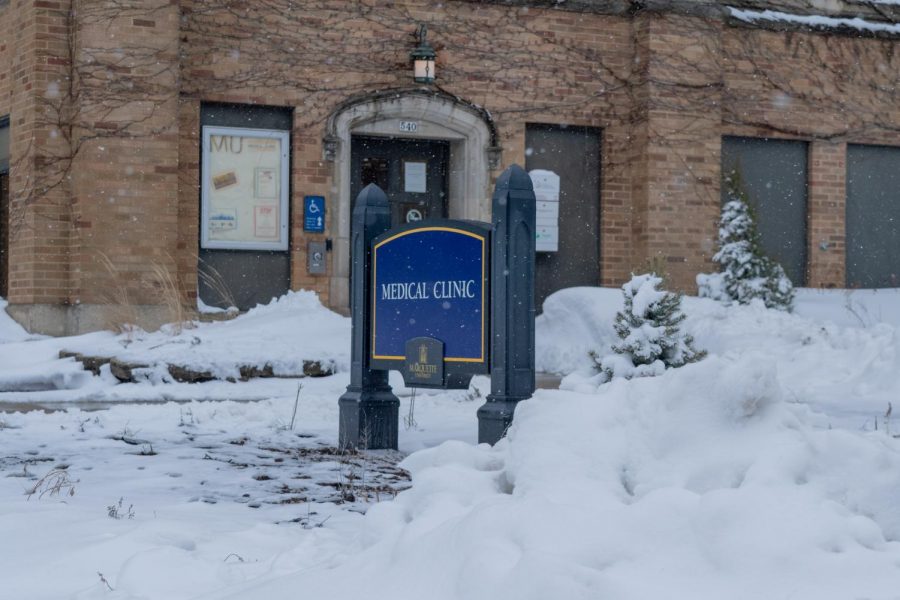COVID-19 has now infected 1,028 individuals on campus since August. Students reflect on the past semester with the hope that this number will not be recurring this spring semester.
Mackenzie Lundin, a sophomore in the College of Nursing, said that Halloween was a catalyst for the surge in cases early November.
“Everyone paid the price for that night,” Lundin said. “It’s a common time for college students to go out, get dressed up, have fun with their friends and ultimately forget about COVID.”
Brette Browne, sophomore in the College of Education, agreed with Lundin. She was one of the many students who tested positive a fews days after the holiday.
“I think Halloween was a big factor in how I got so sick,” Brown said. “No one was socially distancing, and when you’re in a small space with twenty other people, the likelihood of you getting COVID goes up.”
Lundin also discussed the surge in cases in September. This led to the quarantine of both Schroeder Hall on Sept. 14 and Cobeen Hall on Sept. 25.
Instead of quarantining in Schroeder, Lundin decided to go back to her home in Michigan for two weeks. She said the lockdown would have put her and others’ mental health at risk.
“A majority of the people I know in Schroeder — including myself — went home during lockdown because of mental health reasons,” Lundin said. “Although it was an important step to contain the virus, limited exercise and fresh air can be detrimental for people.”
Patrick Cooney, sophomore in the College of Business Administration and resident of Schroeder Hall, didn’t have the option of going home amid the lockdown in September, and fears it will happen again this semester.
“I went crazy being in my room for that long,” Cooney said. “I hope it never happens again, as exercising is a big part of my daily routine. We were only allowed to go outside for a short period of time, and that really got to me.”
Despite Cooney’s fear that cases will continue to rise like last semester, he also realizes part of this process is inevitable.
“I hope a dorm lockdown never happens again, but we are also with hundreds of kids we can’t control,” Cooney said. “The shutdown in Schroeder might have changed students’ behavior right after it, but after a few weeks passed things went back to the way they were before.”
Browne also remains fearful that cases will continue to surge this semester, as National Marquette Day could potentially lead to another shut down.
“It’s clear holidays are a large factor in the increase of cases on campus, and National Marquette Day is no exception to this rule,” Brown said. “I want to say students have learned their lesson, but in the moment, many forget about the consequences their actions could bring.”
Looking back on last semester, Lundin agreed with Brown in regard to students’ lack of caution.
“Despite the inconvenience it is to check your temperature every day, clean your mask and socially distance, these are crucial things that I know a majority of students weren’t doing last semester.” Lundin said.
However, Lundin is optimistic that this upcoming semester will be different due to the university’s enactment of surveillance testing.
“I’m confident mandatory COVID testing will be a big factor in driving cases down,” Lundin said. “I knew people who suspected that they might be sick but didn’t want to get sent into quarantine, so this will do a good job at mitigating that.”
Lundin is also confident that with the vaccine rolling out, cases will begin to drop.
“A lot of the older nursing students I know are able to get the vaccine who are working in clinicals,” Lundin said. “When you think about it, nursing students are a large group on campus, so getting us vaccinated will limit exposure and ultimately benefit the Marquette community at large.”
This story was written by Claire Driscol. She can be reached at claire.driscol@marquette.edu





